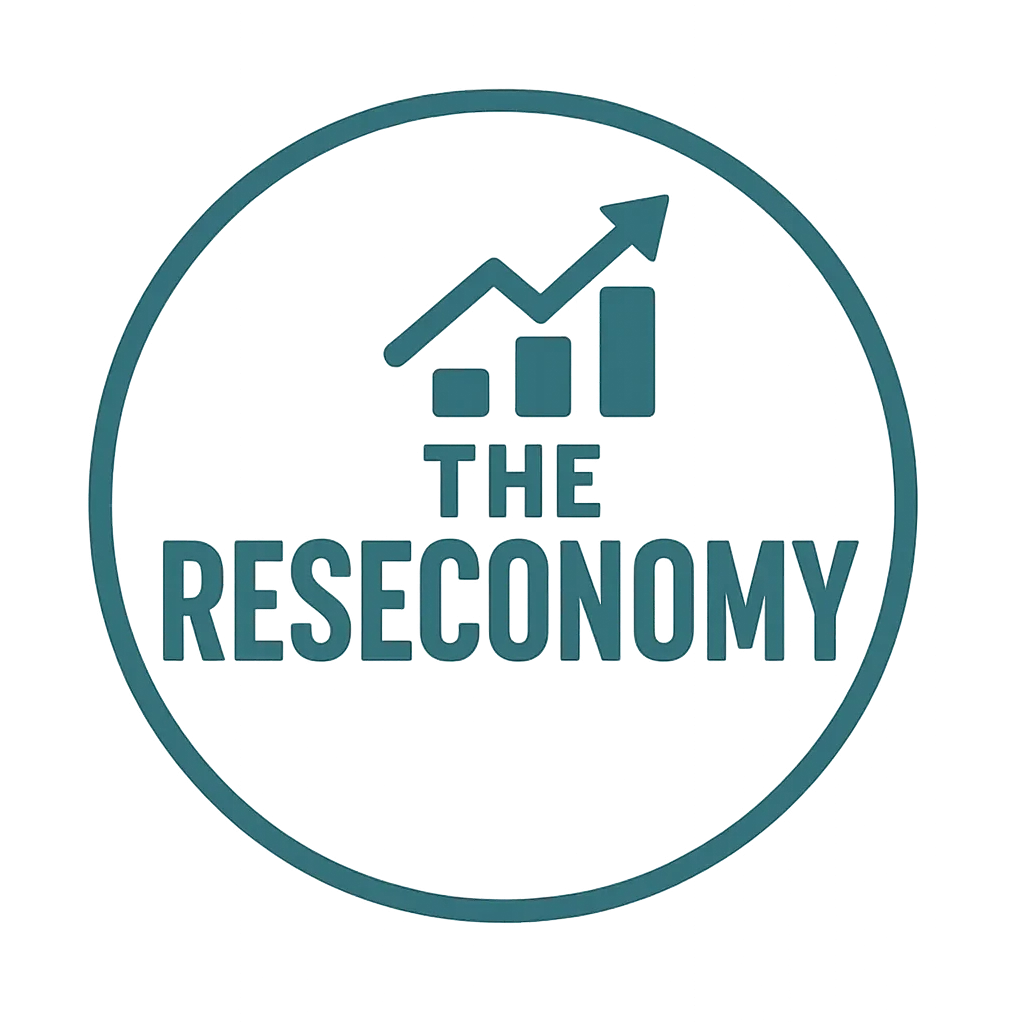The rise of the creator economy, a burgeoning ecosystem fueled by individual content creators monetizing their passions online, is no longer a fringe phenomenon. It’s a powerful force that’s increasingly reshaping traditional business models across various sectors. From how companies market their products to how they develop them and even how they attract talent, the influence of individual creators is undeniable and continues to grow.
This post examines the profound impact of the creator economy on traditional business models, exploring how the power shift towards individual creators is influencing key areas and what businesses need to understand to adapt and thrive in this evolving landscape.
The Democratization of Content and Influence:
Historically, content creation and distribution were the domain of large corporations – media companies, advertising agencies, and production studios. The internet and platforms like YouTube, Instagram, TikTok, and Patreon have democratized this process, empowering individuals to reach global audiences directly. This has led to a significant shift in influence:
- Bypassing Gatekeepers: Creators can now bypass traditional media gatekeepers, building direct relationships with their audiences and fostering a sense of authenticity that traditional advertising often lacks.
- Niche Specialization: Creators often focus on highly specific niches, cultivating deeply engaged communities that traditional broad-reach marketing struggles to connect with.
- Authenticity and Trust: Audiences often perceive creators as more authentic and trustworthy than traditional brands, leading to a greater influence on purchasing decisions and brand perception.
Impact on Marketing:
The creator economy has fundamentally altered the marketing landscape, pushing traditional businesses to rethink their strategies:
- The Rise of Influencer Marketing: Brands are increasingly collaborating with creators to reach their target audiences in a more organic and engaging way. This ranges from sponsored posts and product reviews to long-term brand ambassadorships and co-created content.
- Shift from Product-Centric to Content-Driven Marketing: Businesses are recognizing the power of storytelling and authentic content, often leveraging creators to tell compelling narratives around their products and values.
- Direct-to-Consumer Engagement: Creators excel at building direct relationships with their audiences, offering valuable lessons for traditional businesses looking to foster stronger customer connections.
- New Avenues for Brand Building: Collaborating with creators can help brands tap into new audiences, build credibility, and enhance their brand image through association with trusted voices.
- The Importance of Authenticity in Partnerships: Gen Z and younger consumers, in particular, are adept at spotting inauthentic collaborations. Businesses must prioritize genuine alignment and creative freedom for creators to resonate with their audiences.
Impact on Product Development:
The close relationship creators have with their communities offers valuable insights for product development:
- Direct Feedback Loops: Creators often have direct lines of communication with their audience, providing real-time feedback on products and features. Businesses can tap into this wealth of information to inform product iterations and new developments.
- Co-creation Opportunities: Brands are increasingly collaborating with creators to co-create products that directly address the needs and preferences of their specific communities, leading to higher chances of success.
- Understanding Niche Needs: Creators often serve niche audiences with specific unmet needs. Partnering with them can help businesses identify and cater to these underserved markets.
Impact on Talent Acquisition:
The creator economy is also influencing how businesses attract and retain talent:
- The Rise of the “Creator” Mindset: Many individuals, particularly in younger generations, are drawn to the autonomy, flexibility, and creative expression inherent in the creator economy. Traditional businesses need to adapt their work models to attract this talent.
- Leveraging Creators for Recruitment: Businesses are starting to partner with creators to showcase their company culture, values, and career opportunities in authentic and engaging ways.
- Building a Creator-Friendly Environment: Companies that foster creativity, offer flexible work arrangements, and empower employees to share their expertise can attract individuals with a “creator” mindset.
- The Blurring Lines Between Employee and Creator: Some companies are encouraging employees to become internal creators, sharing their knowledge and experiences online to build brand awareness and attract talent.
Navigating the Shift: Strategies for Traditional Businesses:
To effectively navigate the impact of the creator economy, traditional businesses should consider the following strategies:
- Embrace Collaboration: Move beyond transactional influencer marketing and build genuine, long-term partnerships with creators who align with your brand values.
- Listen to Creator Communities: Pay attention to the conversations and feedback within relevant creator communities to gain valuable insights.
- Empower Internal Creators: Encourage and support employees who are passionate about creating content related to your industry or brand.
- Adapt Marketing Strategies: Integrate creator-led content into your broader marketing mix, recognizing its power to build trust and engagement.
- Rethink Product Development: Explore opportunities to involve creators and their communities in the product development process.
- Evolve Talent Acquisition: Consider how the values and expectations of the creator generation can inform your recruitment and workplace culture strategies.
- Be Authentic and Transparent: In all interactions with creators and their audiences, prioritize authenticity and transparency.
The Future is Collaborative:
The creator economy is not about replacing traditional businesses but rather about fostering a more collaborative and dynamic landscape. Businesses that recognize the power and influence of individual creators, and adapt their models accordingly, will be best positioned to thrive in the evolving future of work and commerce. The key is to understand the unique values and motivations of creators and their audiences and to build mutually beneficial relationships that drive genuine connection and growth.
How is the creator economy impacting your industry? What strategies are you exploring to engage with creators? Share your insights in the comments below! Sources and related content
